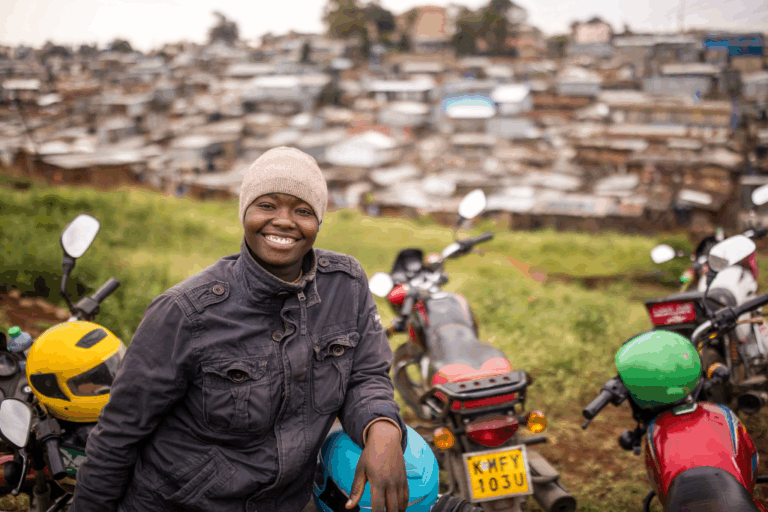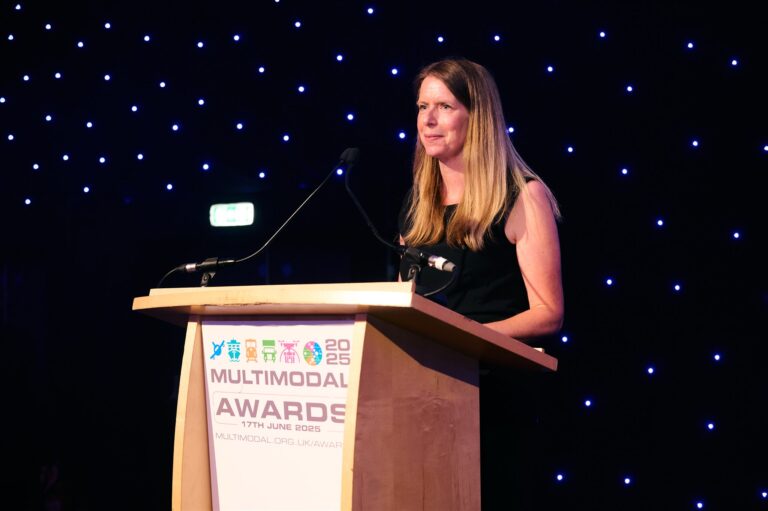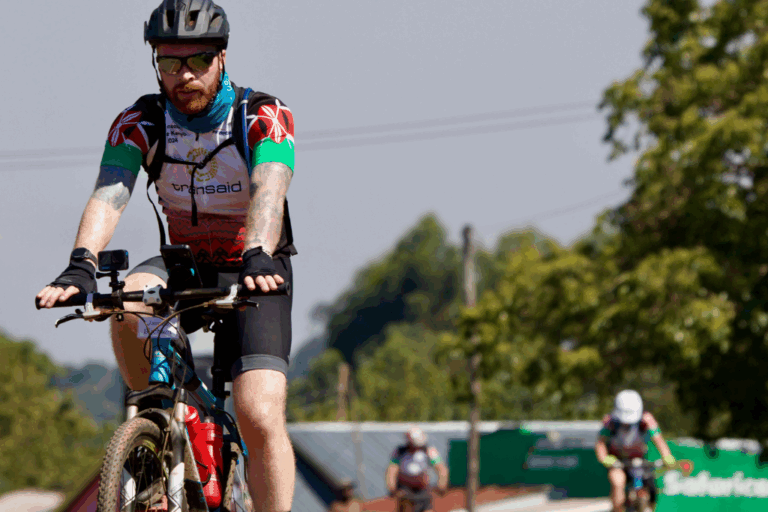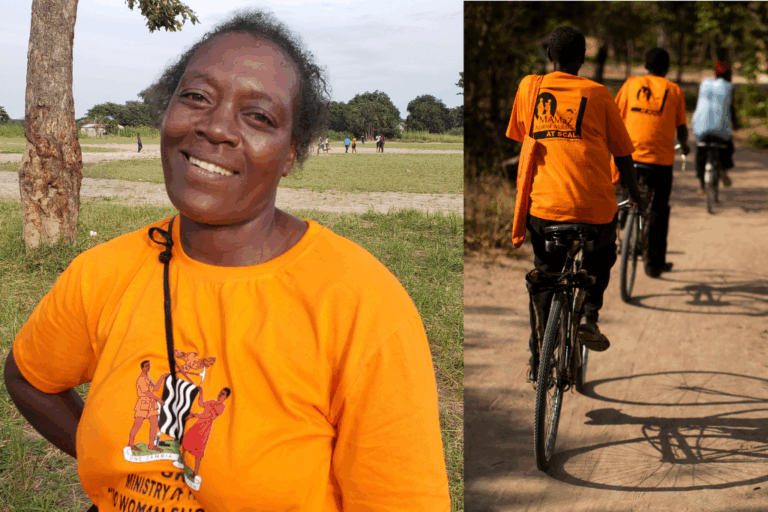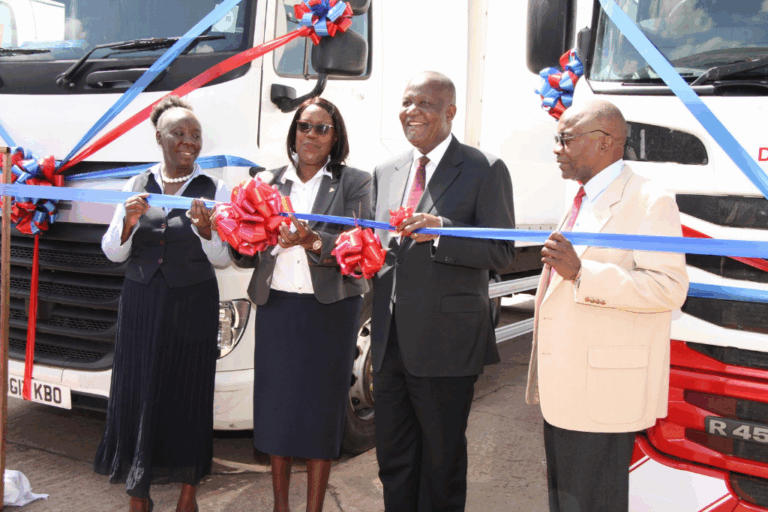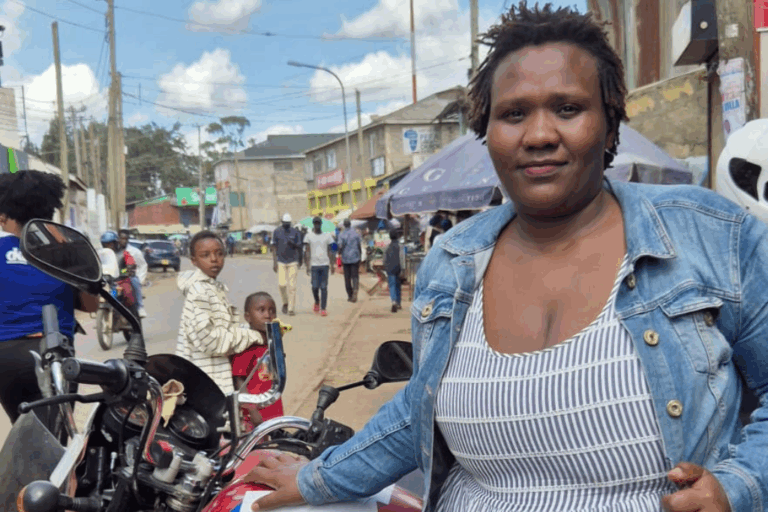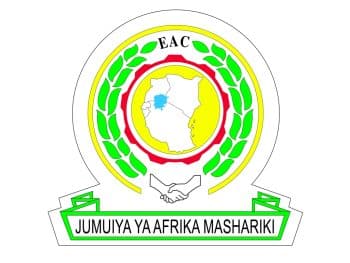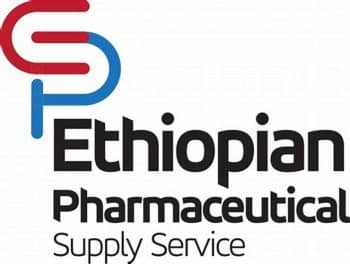
News
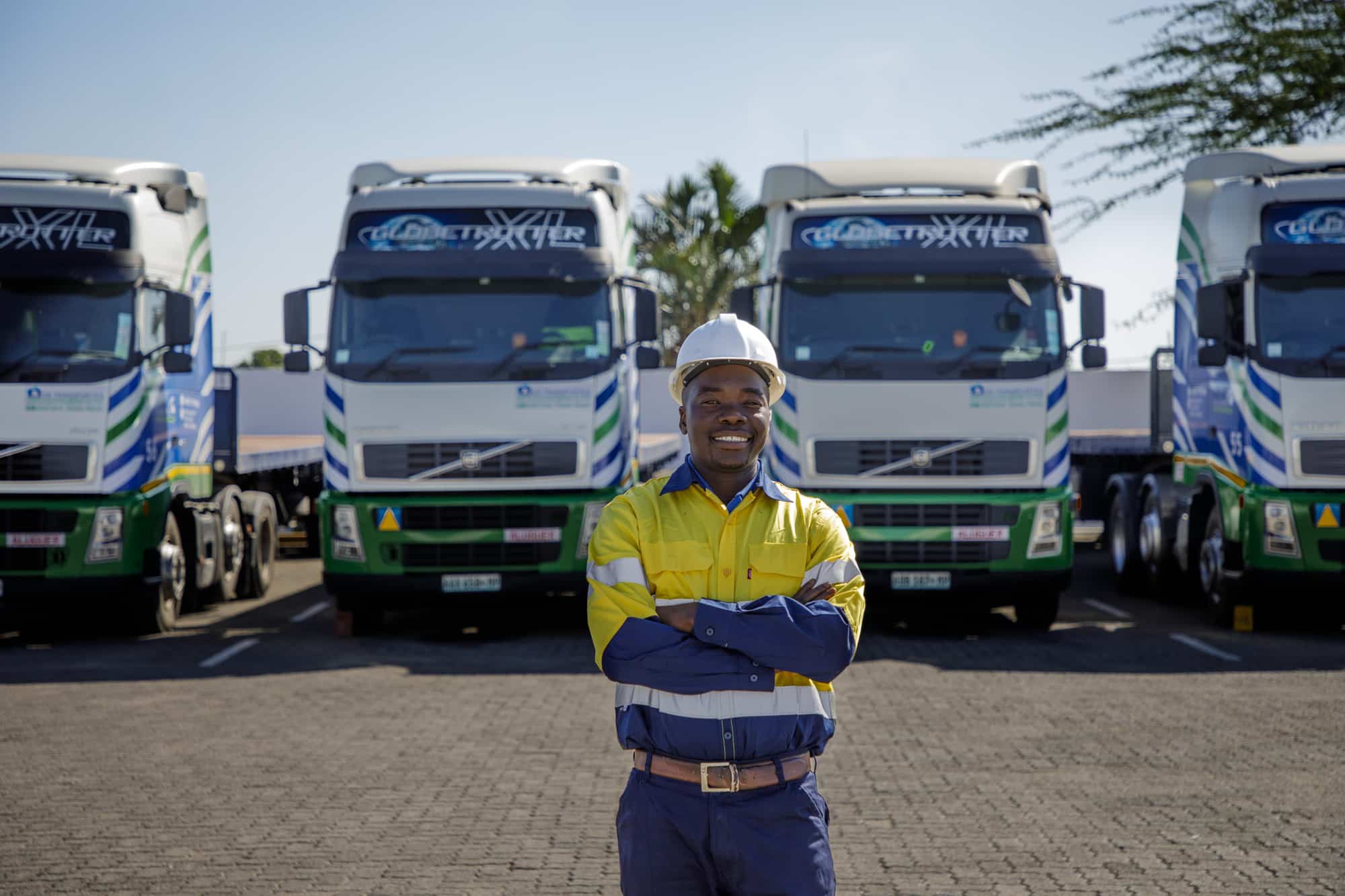
Transforming Zambian lives
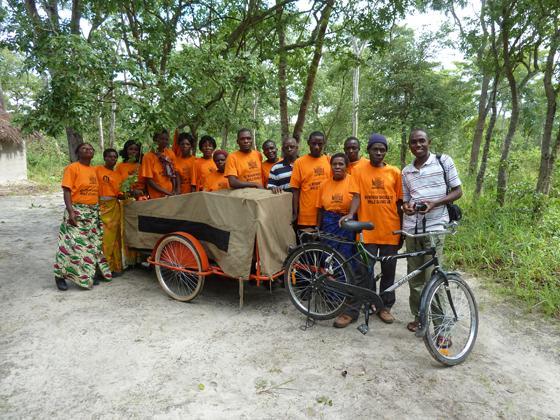
“Women are no longer dying. All women in our community are now delivering at facilities and go now in time for antenatal care.”
Feedback from members of a community whose lives have been transformed by the More MAMaZ programme demonstrates how much of an impact the initiative has had.
In Zambia, the risk of a maternal death is 1 in 79, compared to 1 in 5,800 for women in the UK, according to World Bank data. Add to this a striking urban-rural divide – only half of rural births are attended to by a skilled provider, compared to nearly nine in ten urban births – and the significance of the programme results becomes clear:
4,105 women have been transferred to a health facility by Emergency Transport Scheme (ETS) drivers, one of the factors leading to a rise in institutional delivery rates at 89%.
“MORE MAMaZ has changed our way of thinking. Now that we have been sensitized about the danger signs, women no longer deliver in the community but choose to deliver at the facility, and we all support them.”
82,205 door-to-door visits have taken place at homes of pregnant and newly delivered women by Community Health Workers and 89% of women and girls feel empowered to achieve a safe pregnancy.
The programme has also tackled other important community issues – 89% of men and 88% of women report a decrease in gender-based violence (GBV).
“I, as the owner of my body, now makes the decision on if and when [I] go for care. It is no longer my husband or family. I make the decision and tell them and they support me.”
Check out our Knowledge Centre for MORE MAMaZ reports and case studies here. The programme is funded by Comic Relief and supports work by the Ministry of Health. Transaid implements this project with a consortium that includes Health Partners International, Development Data, and Disacare.
Recent Posts




